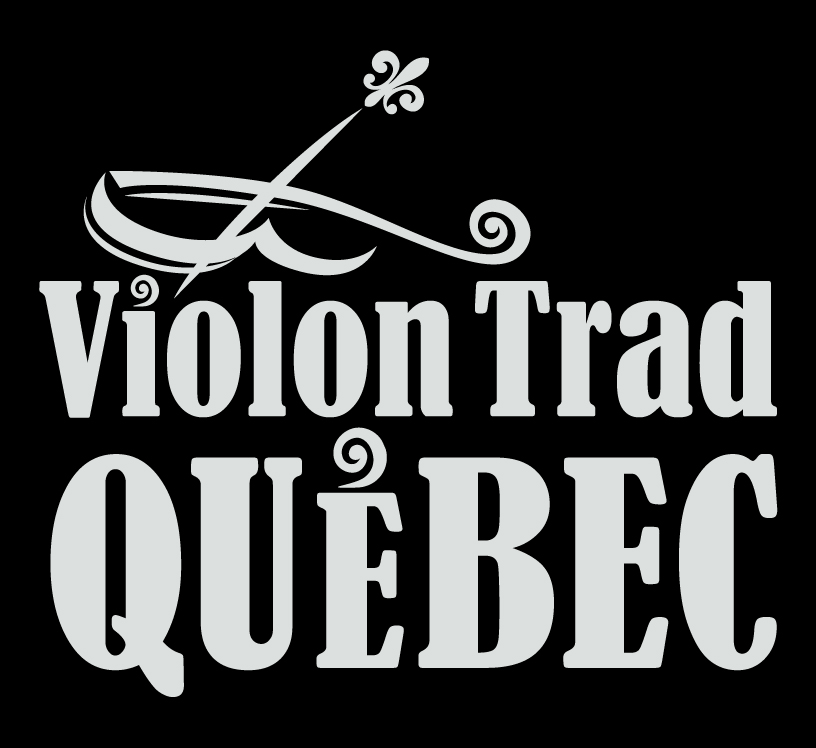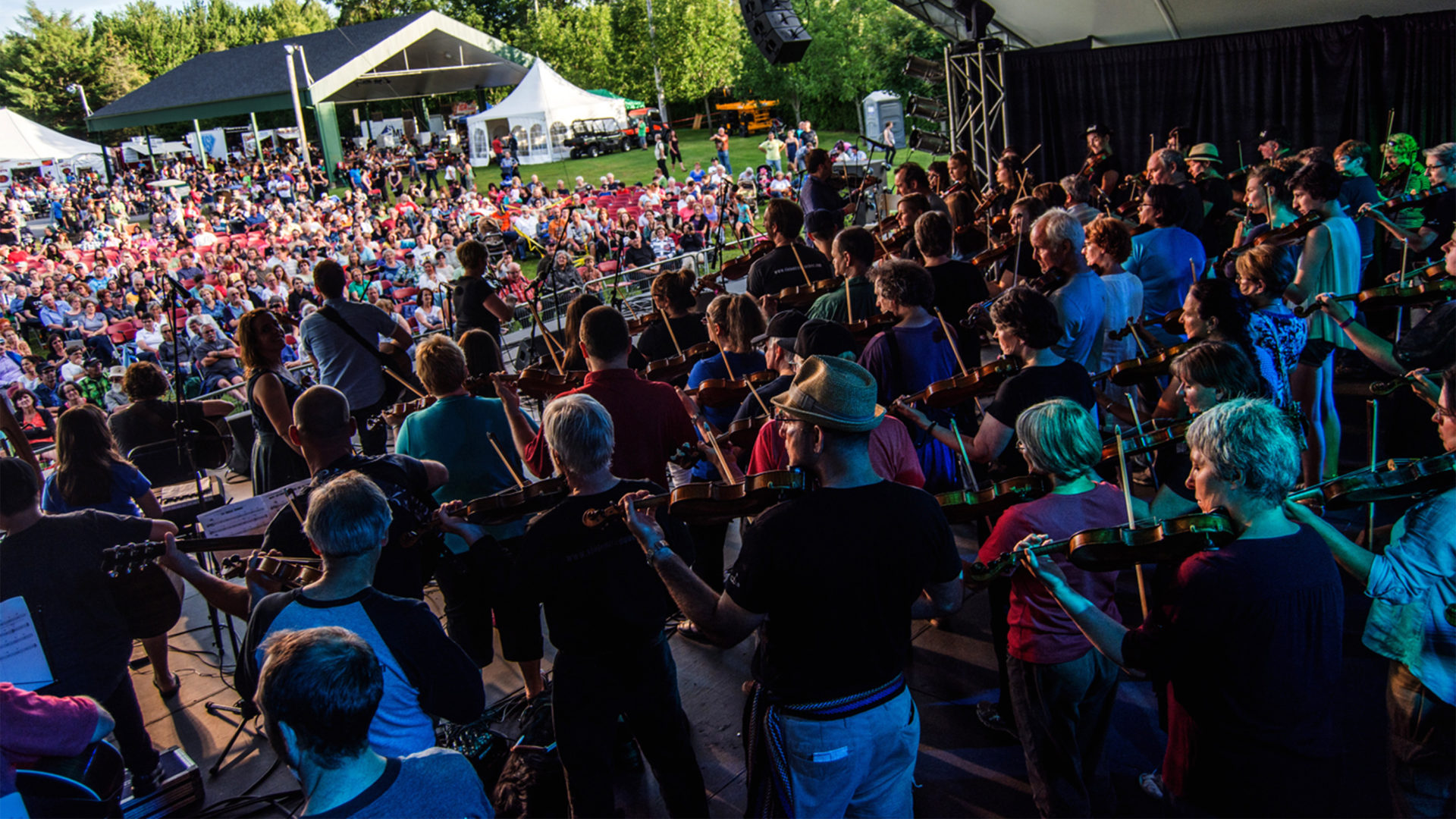It is with great enthusiasm that we introduce you to a project we hold very close to our hearts: Violon Trad Québec Camp based in Lanaudiere region in Quebec province. It consists of a five-day (5) summer camp committed to the study and mastery of traditional Québécois violin repertoire. The camp also provides lessons in guitar, mandolin and piano, the main accompanying instruments used in Quebec.
The idea to set up a camp of traditional music from Quebec began to take shape through associations with various music camps already established outside of Quebec. Some of these camps include: The Valley of the Moon Scottish Fiddling School (California), The Mark O’Connor Fiddle Camp (Tennessee), and The Ashokan Camp (New York). André Brunet and Éric Beaudry participated in a number of these camps as teachers of traditional Québécois music. Over the years, these camps saw an increasing demand for a camp entirely devoted to traditional Québécois music. In September 2007, in response to the needs of both campers everywhere, and of a population who tends to forget about its rich traditional past, André and Éric, both musicians and entrepreneurs, began work on getting their own music camp up and running.
Traditional Québécois music first gained recognition in the Lanaudière region of Quebec with such bands as Hommage aux Aînés, La Bottine Souriante, Turlure, Guignolée who followed shortly after. We are thrilled to say that the enthusiasm surrounding the genre has continued to rise. We saw the passion truly erupt in the 90s; the Festival Mémoire et Racines was created and several bands exploded onto the scene: Les Charbonniers de l’Enfer, Ojnab, La Galvaude, La Volée d’Castors, Ni Sarpe Ni Branche, Les Frères Labri, Baqqhus, just to mention a few. These bands joined together teens, young adults, the middle-aged, and even a few “éminences grises” who brought with them the savoir-faire and repertoire that helped give roots to the style. In addition, just a few years back, the Cégep Régional de Lanaudière launched a traditional music department and introduced a traditional music degree programme to their curriculum. Driven by a desire to listen to and perform the music of their people, these artists were catalysts determined to break down the barriers of inertia behind which the genre had remained confined for too many years.
To ensure that traditional Québécois music remains alive and proud in both our own country and beyond, we must diversify the programmes and activities used to emphasize its importance.

